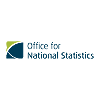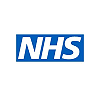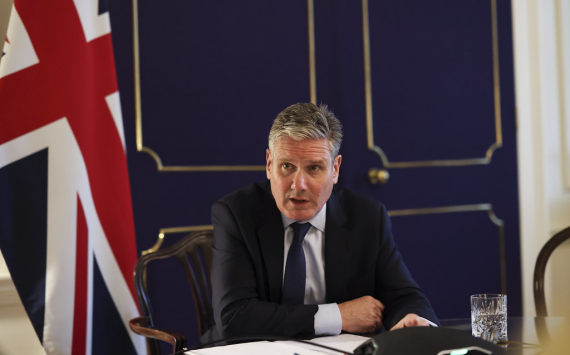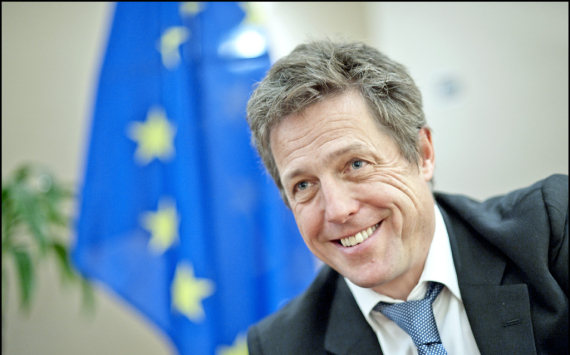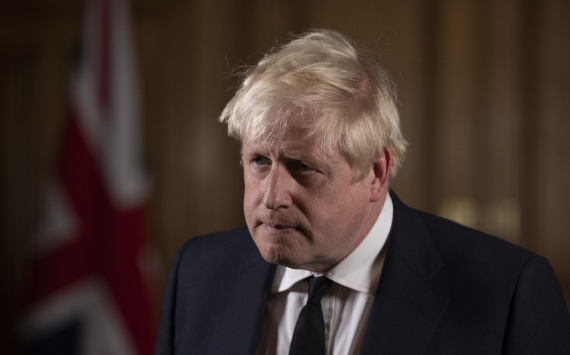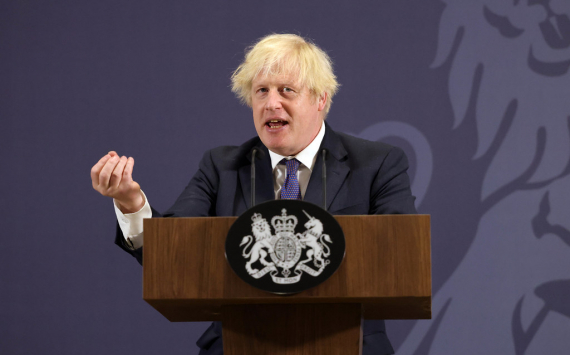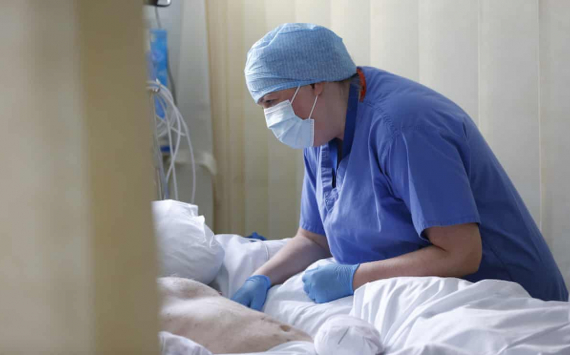
Millions of patients will suffer worsening quality of care unless ministers take immediate action to alleviate the staffing crisis engulfing the NHS, health chiefs have warned.
The NHS Confederation, which represents the whole healthcare system, is tonight calling for a range of new measures to be implemented in the NHS in England to help overstretched hospitals and struggling ambulance, mental health, community, GP and social care services cope with “widespread” shortages of medics and health workers.
Tens of thousands of medical students should be deployed on to wards and other healthcare settings, NHS and social care staff must be granted priority access to lateral flow and PCR tests, and the self-isolation period should be reviewed to see if it can be slashed from 10 days to five, as has happened in the US and France, it said.
The call came as growing numbers of operations are being cancelled, with more than 20 NHS trusts declaring an “internal critical incident” in recent days as they struggle to cope with the intense Covid pressure. It emerged on Wednesday that at least four more NHS trusts have taken that step, the highest form of alert any hospital can issue, as had the entire NHS in Norfolk.
NHS staff absences have now spiralled to double what they normally would be at this time of year, and 17,276 people are in hospital in the UK with Covid – up 58% in a week – as Omicron continues to put “enormous strain” on every part of the health service, the NHS Confederation added.
The absence of tens of thousands of staff is already having a “detrimental” impact on the ability of the NHS to provide healthcare, it warned, and said that, without further measures, the staffing crisis “threatens the quality of patient care”.
Given the worsening situation, there should also be “explicit acknowledgment” from the national regulators that clinical tasks “might need to be allocated in ways which would not normally be recognised as best practice”, the NHS Confederation said.
Matthew Taylor, its chief executive, told the Guardian that in the last 24 hours hospital bosses had become “extremely concerned” about the widening ratio of staff to patients.
Boris Johnson insisted on Wednesday he was right not to take any further action.
The prime minister told MPs the cabinet had agreed to keep the existing plan B restrictions and ease travel testing rules. He also confirmed plans being implemented across the UK to end the requirement for confirmatory PCR tests for asymptomatic people who test positive using a lateral flow device (LFD).
An estimated 3.7 million people in the UK had Covid in the week ending 31 December, the highest number since comparable figures began in autumn 2020, the Office for National Statistics (ONS) said. In England one in 15 people in private households had Covid-19, according to ONS estimates. The level is one in 10 in London.
A further 194,747 lab-confirmed Covid-19 cases were recorded in the UK as of 9am on Wednesday, while 334 more deaths were recorded – although this figure includes a backlog of hospital data from England since 1 January.
“It’s clear that we are facing a staffing crisis in the NHS, with a number of hospitals telling us they have around 10% of their staff in self-isolation or on sick leave for other reasons,” Taylor told the Guardian. “This is pushing up the ratio of staff to patients to levels hospitals are extremely concerned about.
“The prime minister’s attempts to reassure the public that the NHS is not being overwhelmed will not chime with the experience of staff working in some parts of the NHS. The government now needs to do all it can to mobilise more staff and other resources for the NHS to get through this extremely challenging period.”
While he welcomed Johnson’s announcement that 100,000 critical workers will get direct access to testing from next week, the move “does not go far enough”, Taylor said, and NHS, social care and other key workers should also have “priority access” to tests.
He said there was “merit” in reviewing the self-isolation period “to see if the evidence supports a halving of the period to five days”. “We also need other short-term measures, including deploying medical students on wards and taking other steps to cover rota gaps,” he added.
All of Greater Manchester’s 17 hospitals have postponed non-urgent surgery. Its healthcare system will not necessarily be able to “ride out” the wave of Omicron infections, the mayor, Andy Burnham, said, with the number of Covid patients in the region’s hospitals almost tripling in the past two weeks, from 346 people to 1,020.
Cara Charles-Banks, the chief executive of the Royal United Hospitals Bath trust, one of those to declare an internal critical incident, said it had done so on New Year’s Eve “due to ongoing pressures caused by both Covid and non-Covid patients, sickness among our staff and availability of beds.”
University Hospitals Dorset, which runs acute hospitals in Bournemouth and Poole, is preparing to cancel some routine operations after also declaring a critical incident. On Wednesday Poole hospital had only four free beds while Bournemouth had 25.
The same level of sickness absence prompted West Suffolk hospital to join the lengthening list of trusts declaring an incident. Both the acute trusts which provide care to people in Bristol, North Somerset and South Gloucestershire also declared an internal critical incident over the bank holiday weekend.
The chief executive of one trust in the north of England said it has had to scale back non-urgent surgery after the number of Covid inpatients it is treating soared by 80% since Christmas Eve.
“We are doing priority one and priority two surgical cases, with others having to be cancelled,” the chief executive told the Guardian. Their trust is also redeploying staff because 10% of frontline personnel are off sick.
“The NHS runs hot all of the time so it doesn’t have the reserve for extraordinary events. Something has to give and, as in previous waves, it will be the care that can be delayed and it will be the goodwill and potentially the wellbeing of staff.”


